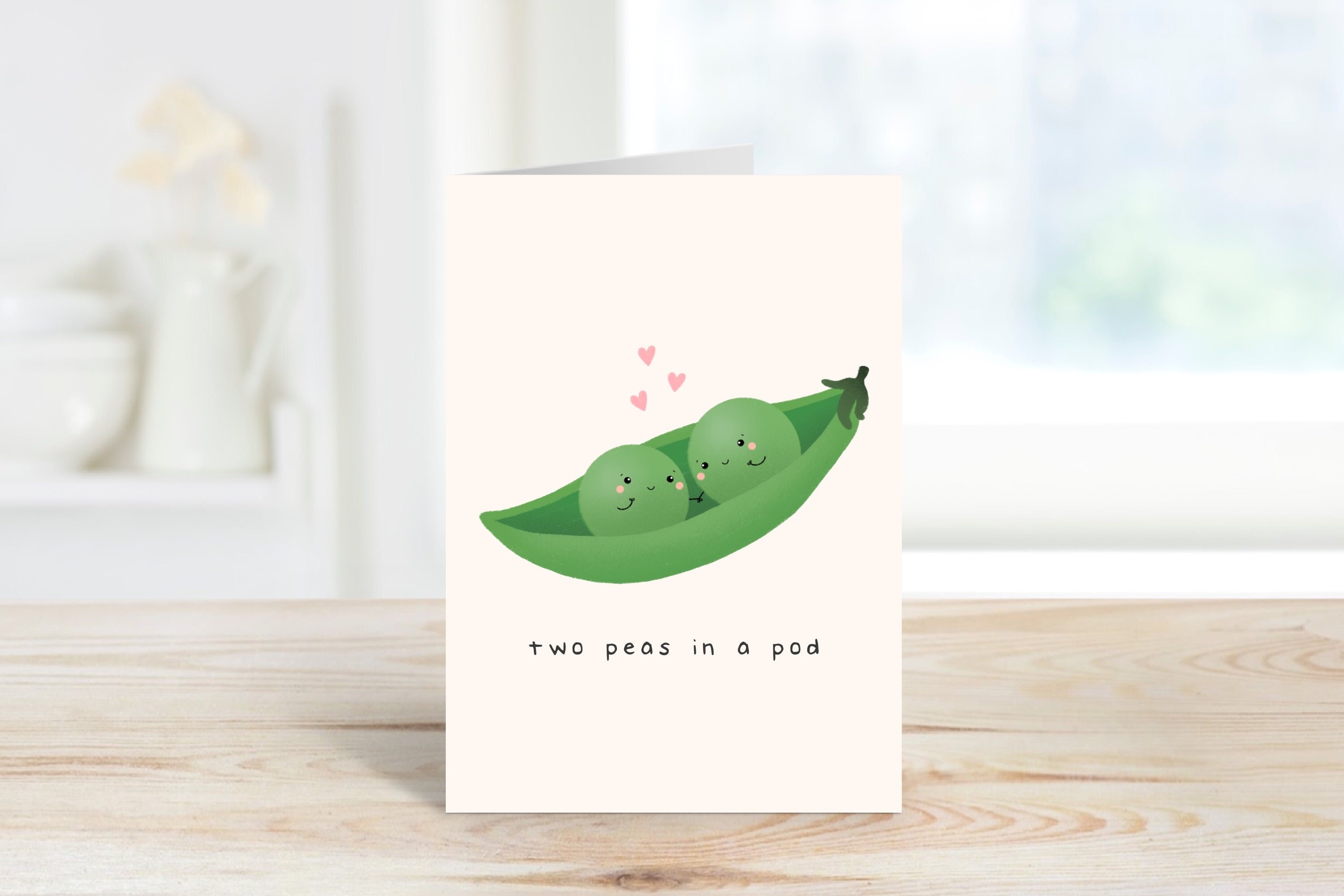Puns are a fun way to play with language. They make us laugh and think.
In this blog, we will explore two clever puns that showcase the humor and wit of wordplay. Language is a powerful tool, and puns are an excellent example of its playful side. They can lighten the mood and bring smiles to faces.
Whether it’s a simple joke or a complex twist of words, puns engage our brains in delightful ways. By focusing on two specific puns, we can dive deeper into the cleverness and creativity that go into crafting these humorous gems. So, get ready to chuckle and appreciate the art of the pun!
Introduction To Wordplay
Puns are a form of wordplay. They rely on double meanings or similar sounds. A good pun makes people laugh or think. Sometimes, puns use homophones. These are words that sound the same but have different meanings. Other times, puns use homonyms. These are words that look the same but have different meanings. Clever wordplay can be very entertaining.
Puns can be fun and educational. They make people enjoy language more. Playing with words can boost creativity. It also helps with learning new words. Kids and adults both love puns. They can be found in jokes, books, and even movies. Simple puns are easy to understand. They make conversations more lively and fun.

Credit: www.pinterest.com
History Of Puns
Puns have been around for a long time. Ancient Egyptians enjoyed wordplay. They used puns in their writings. Even the Greeks loved puns. They used them in comedy plays. Puns made people laugh and think. They were a big part of early humor.
Puns are found in many books. Shakespeare used puns a lot. His plays are full of clever wordplay. Puns add fun to stories. They make readers smile. Many authors use puns to show wit. Puns can be tricky but are fun to read.
Types Of Puns
Homophonic puns play on words that sound alike. These words have different meanings. For example, “I used to be a baker, but I couldn’t make enough dough.” Here, “dough” means both money and bread mix. These puns are fun and easy to understand.
Homographic puns use words that look the same. These words have different meanings. For instance, “I wondered why the baseball was getting bigger. Then it hit me.” The word “hit” has two meanings here. These puns make you think and laugh.
Famous Puns
Shakespeare loved wordplay. He used puns in many plays. In “Romeo and Juliet,” he wrote, “Ask for me tomorrow, and you shall find me a grave man.” This line is both funny and sad. Shakespeare’s puns add humor and depth to his stories. They make his characters more interesting. Puns show his mastery of language. People still enjoy his wit today. His puns are timeless.
Modern puns are everywhere. On TV shows, in books, and on social media. A popular example is, “I’m reading a book on anti-gravity. It’s impossible to put down.” This joke is simple and funny. Puns can lighten the mood. They make people laugh. Another example is, “I used to be a baker, but I couldn’t make enough dough.” These puns play with words in a fun way. They are easy to understand and share. Puns continue to be a beloved form of humor.
Creating Your Own Puns
Choosing the right words is key. Think of words with double meanings. For example, “bark” can mean a dog’s sound or tree’s outer layer. This makes it easy to create a pun. Look for homophones too. Words like “sea” and “see” sound the same but mean different things. This trick can make your puns funnier.
Good timing makes a pun better. Wait for the right moment. If a friend talks about a tree, then use your “bark” pun. Watch their reaction. A smile or laugh means you did well. Practice helps. The more you use puns, the better you get. Try them with friends and family.

Credit: www.etsy.com
Puns In Comedy
Stand-up routines often use puns to make people laugh. These jokes play with words. A funny twist can make a simple story hilarious. Comics love to surprise the audience. A good pun can be the highlight of the act. It keeps the mood light and fun. People remember the clever lines.
Sitcoms and movies also use puns. Characters say funny lines that have double meanings. This adds humor to scenes. It can make a serious moment light-hearted. Directors and writers use puns to keep viewers engaged. They create memorable scenes. Puns make dialogues witty and clever.
Puns In Advertising
Many brands use puns to make their ads memorable. A clever pun can make people laugh and remember the product. This helps build a strong brand connection. People like to share funny ads, spreading the word.
Successful Campaigns
Some ad campaigns have used puns with great success. Kit Kat’s “Have a Break, Have a Kit Kat” is a famous example. The pun on “break” makes the message easy to remember. Another example is Skittles with “Taste the Rainbow.” This clever phrase connects the colorful candy with a magical experience.
Both these campaigns show how puns can boost a brand. They make ads fun and engaging. People enjoy humor, and it sticks in their minds.
Puns In Everyday Life
Puns add fun to daily chats. They make people laugh and think. Friends often share puns to brighten the day. Simple jokes can turn a dull moment into a happy one. For example, “I’m reading a book on anti-gravity. It’s impossible to put down!” Such lines bring smiles and joy. Puns can be shared by anyone, young or old.
Social media loves puns. A clever pun can get many likes and shares. Puns make posts stand out. They are easy to read and fun to share. A good pun can make a post go viral. For instance, “I’m on a seafood diet. I see food and eat it!” Such posts keep followers engaged and entertained. Puns are a simple way to connect with others online.
Learning From Puns
Puns are fun word plays. They help you think about words. You learn new meanings. This helps improve your language skills. Words have more than one meaning. Puns show how to use them. It makes you think about different ways to say things. This can make you better at speaking and writing.
Puns also boost creativity. They make you think outside the box. You find new ways to use words. This can help in other areas too. Creative thinking is useful in many tasks. Puns are not just jokes. They are tools for learning and thinking. They help you come up with new ideas.

Credit: www.pinterest.com
Frequently Asked Questions
What Are Puns?
Puns are jokes that exploit different meanings of a word or similar-sounding words.
Why Do People Like Puns?
People like puns because they are clever, funny, and make you think.
How Do Puns Work?
Puns work by playing with words and their meanings to create humor.
Can Puns Be Used In Conversations?
Yes, puns can make conversations more fun and lively.
Are Puns Suitable For All Ages?
Yes, puns can be enjoyed by both kids and adults.
How Do Puns Differ From Jokes?
Puns rely on wordplay, while jokes often rely on storytelling.
What Are Some Examples Of Puns?
Examples include “Time flies like an arrow; fruit flies like a banana. “
Can Puns Improve Language Skills?
Yes, puns can help people understand word meanings and language nuances.
Where Can I Find Good Puns?
You can find good puns in books, online, and in everyday conversations.
Are Puns Considered A Form Of Art?
Yes, creating a clever pun is often seen as a form of linguistic art.
Conclusion
Puns are a delightful way to add humor to conversations. They bring joy and laughter. Simple wordplay can brighten anyone’s day. Remember these puns and share them with friends. They are easy to understand and fun to use. Humor is a universal language.
Spread smiles with these clever puns. Enjoy the light-hearted moments they bring. Keep the laughter going and have fun with words. Puns make everyday life a bit more entertaining. So, keep punning and keep smiling!


Comments